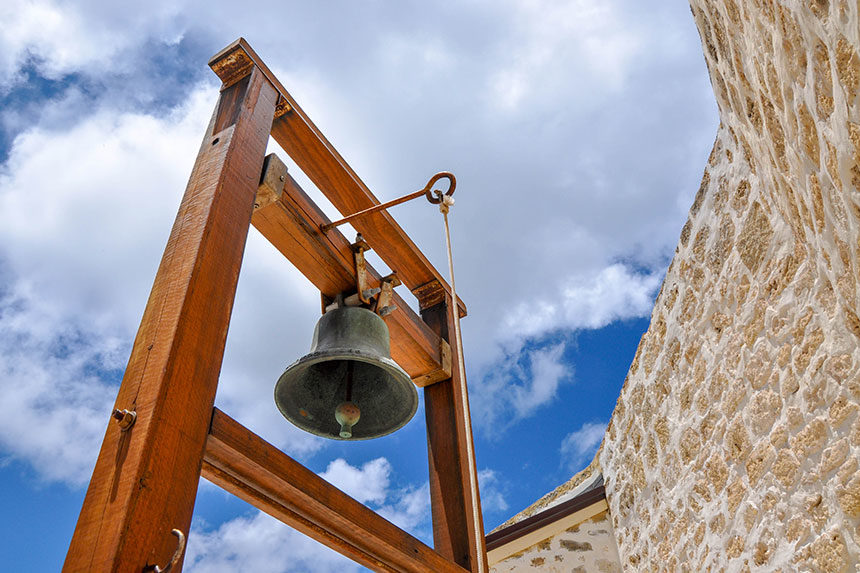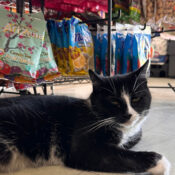Managing editor and logophile Andy Hollandbeck reveals the sometimes surprising roots of common English words and phrases. Remember: Etymology tells us where a word comes from, but not what it means today.
Across the country, as protests against police brutality escalate to violence, city governments have imposed curfews on their citizens — in addition to stay-at-home restrictions put in place to curb the spread of COVID-19. Though we understand what a curfew is, how we got to that word curfew isn’t so plain.
During the Middle Ages, well before the invention of modern safety equipment, houses in many European villages were often made of wood and straw and situated close together. That means open flame was a real danger; an uncontrolled fire could quickly jump from home to home. As a preventive method, a bell would be rung in the village at a designated hour of the evening as a signal to extinguish any fires that were still burning.
In Old French, that ringing of the bell was called cuevrefeu, a word constructed from cuevre, the imperative of covrir “to cover,” and feu “fire.” Cuevrefeu, and the Modern French couvre-feu, literally means “cover fire.”
Over time, the regulation of home fires abated, but the ringing of an evening bell at a set time of night became useful in other ways — including, at times, as a signal for people to get off the streets and go home. When the word was adopted into Middle English in the 14th century, with the simplified spelling curfeu, it still referred to that ringing of the bell, but was separate from any association with covering fires.
That’s how we find it used in Shakespeare; for example, in act III, scene 4 of King Lear, written 1605-1606, Edgar spies “a walking fire” in the night and proclaims,
This is the foul fiend Flibbertigibbet: he begins at curfew, and walks till the first cock; he gives the web and the pin, squints the eye, and makes the harelip; mildews the white wheat, and hurts the poor creature of earth.
“The first cock” refers to the crowing rooster, long a symbol for the start of dawn. In this excerpt, Shakespeare marks both the beginning and end of nighttime with a sound. (The “walking fire” turned out to be King Lear carrying a torch.)
Over time, the meaning of curfew expanded to include not just the ringing, but the time of night the bell was rung and the expected effect of that bell-ringing, that is, people returning to their homes for the night. By the 19th century the word had found its modern sense of “restriction of movement for a set time” — imposed either by one’s parents or by the local government.
Featured image: EA Given / Shutterstock.com
Become a Saturday Evening Post member and enjoy unlimited access. Subscribe now



